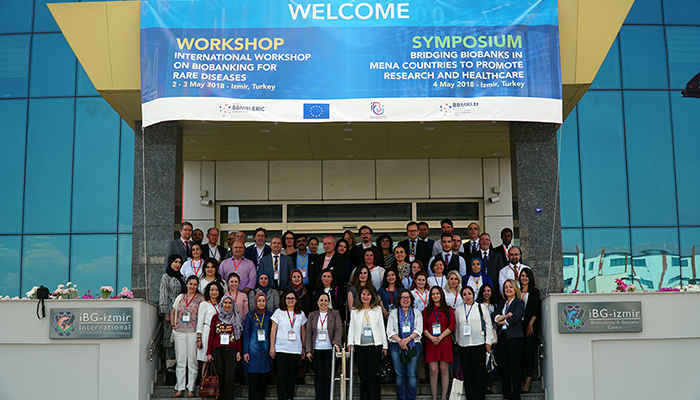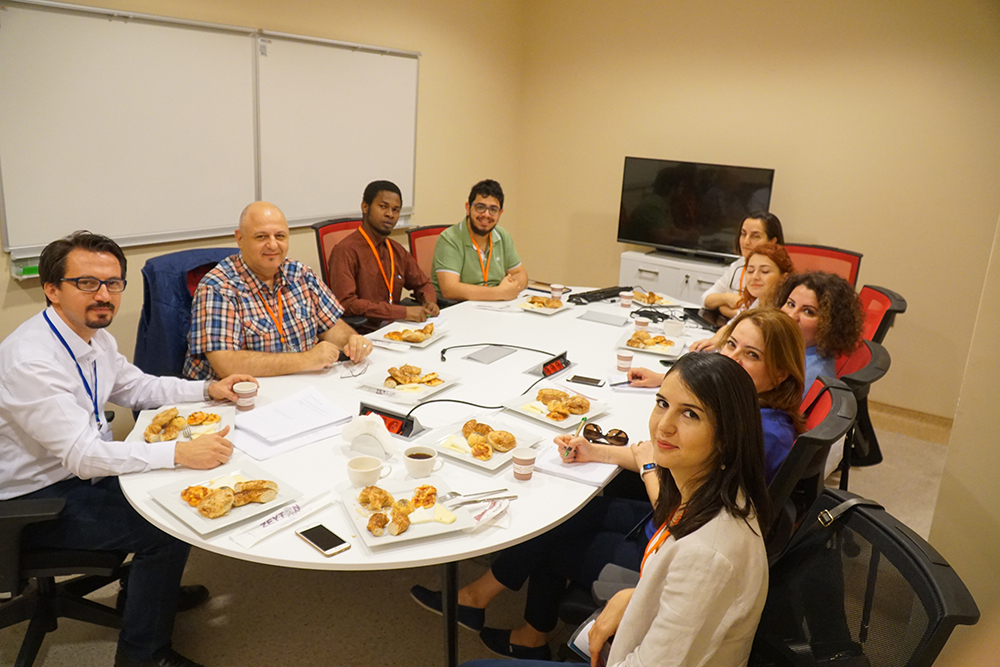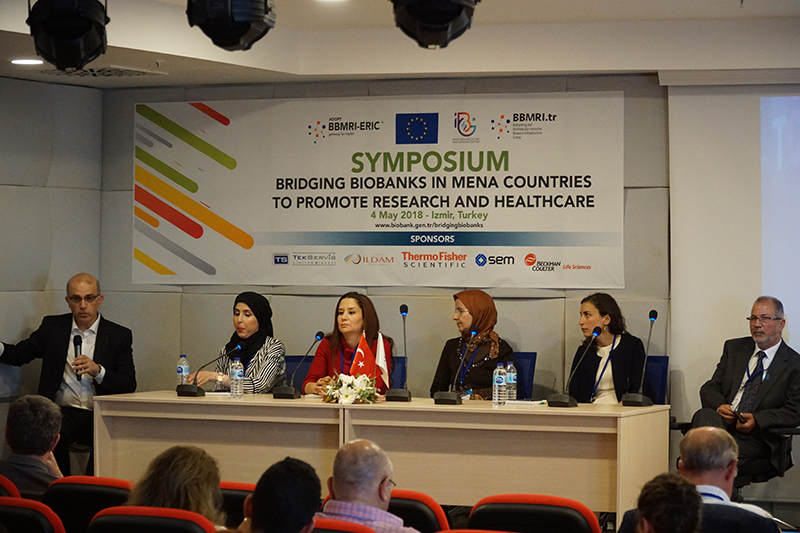On April 1st, a webconference titled “Biobanking in times of Covid-19, risks and opportunities for biobanks” organized by Andrea Wutte, head of BBMRI-ERIC quality management service, took place with participation of Maurice Bradsley (EVA-GLOBAL), Petr Holub (BBMRI Directory & Negotiator of Covid-19), Helmuth Haslacher, (BBMRI.at Quality Manager), Andrea Ganna-Mark Daly (Institute for Molecular medicine Finland, University of Helsinki).
Questions addressed about the risks and opportunities of biobanks during the SARS-CoV-2 pandemia, included;
- Are biobanks prepared to collect samples from COVID19 patients?
- What is the risk and which opportunities come with it?
- Does your biobank have permission to process and store COVID-19 samples for research purposes?
- How is the chain of health safety conditions and regulations handled in your biobank?
- Do we unite in our approaches to collect COVID-19 samples?
- How fast can this be done?
On April 7th, a second webconference titled by “Biobanking in times of Covid-19, pre-analytical procedures”organized by Andrea Wutte, head of BBMRI-ERIC quality management service, took place with participation of Lukasz Kozera (Scientific Programme Manager at BBMRI-ERIC), Helmuth Haslacher (BBMRI.at Quality Manager), Antonino Di Caro (UOC Microbiology Laboratory and Biological Bank National Institute for Infectious Diseases IRCCS).
The main topics and questions addressed about the pre-analytical procedures included;
- Types of samples that biobank may store, sample life cycle.
- Presence of virüs in different types of samples.
- Laboratory standards for Sars-CoV-2 suspected samples.
- How biobanks can deal with Sars-CoV-2samples?
- Who should care about Covid-19?
- What should be taken into account when performing biobanking during the Covid-19 pandemic?
- How could a risk analysis be performed?
For records, presentations and Q&A you can visit:







